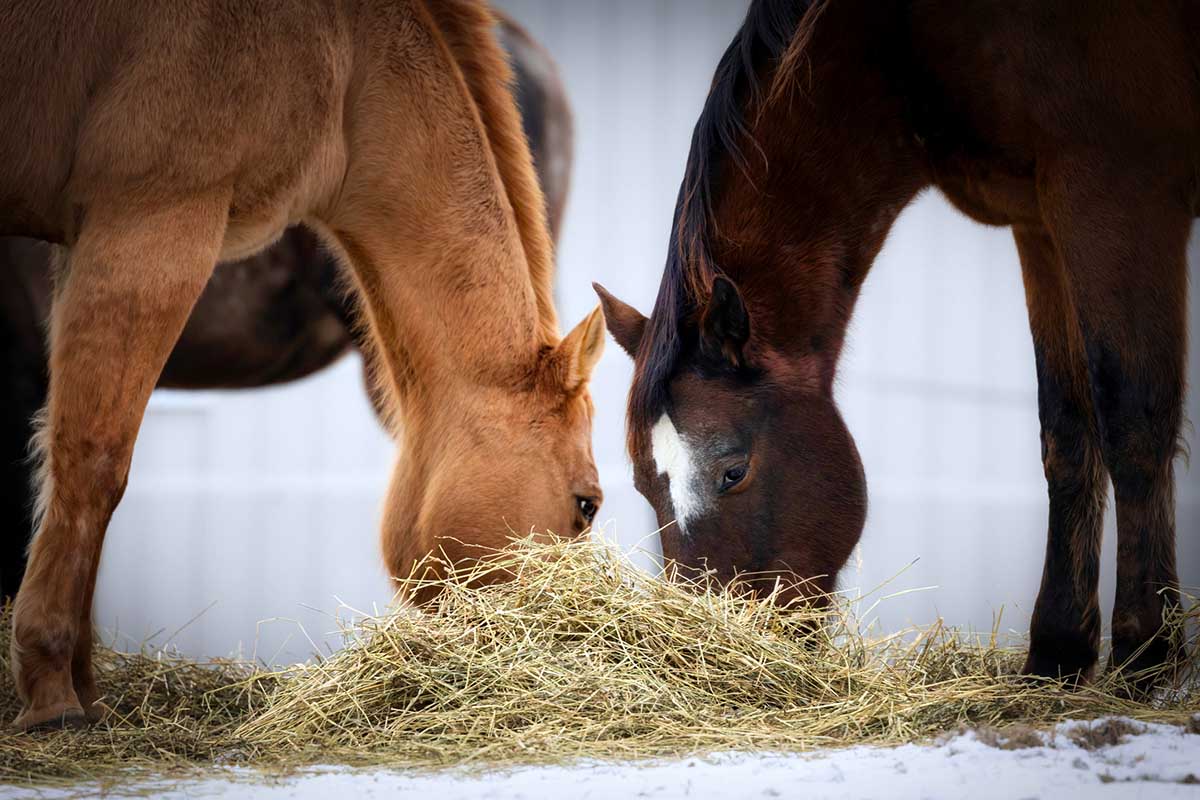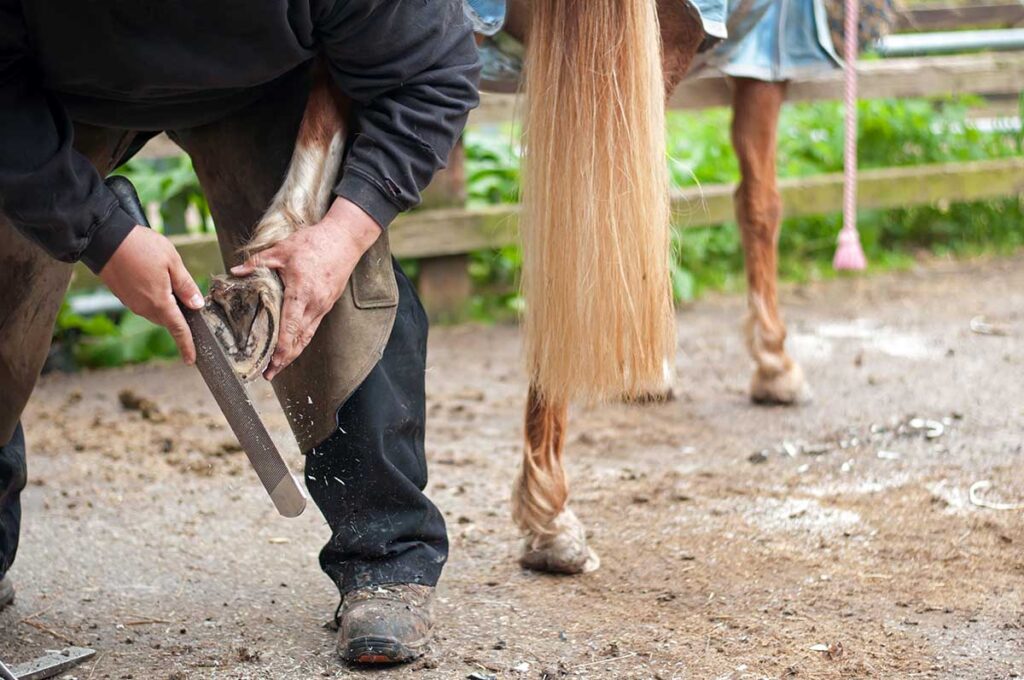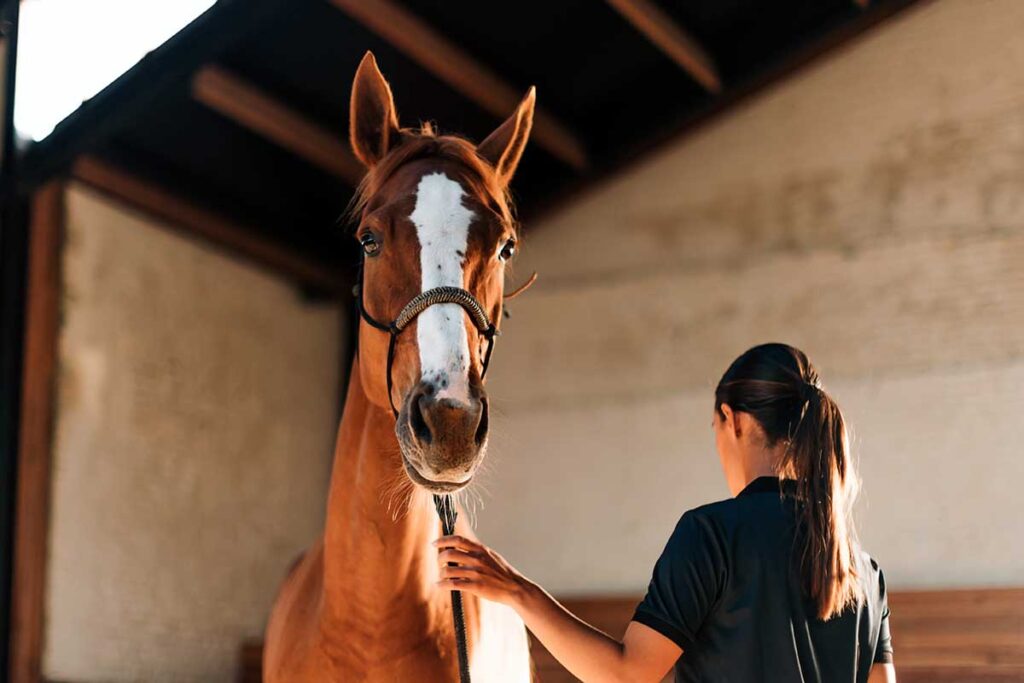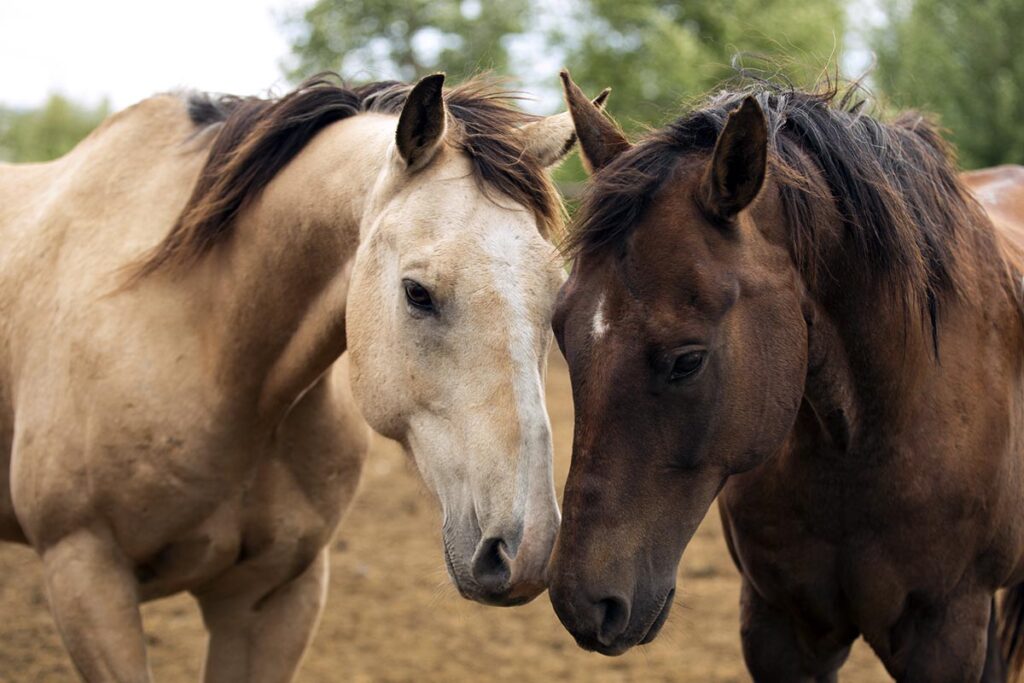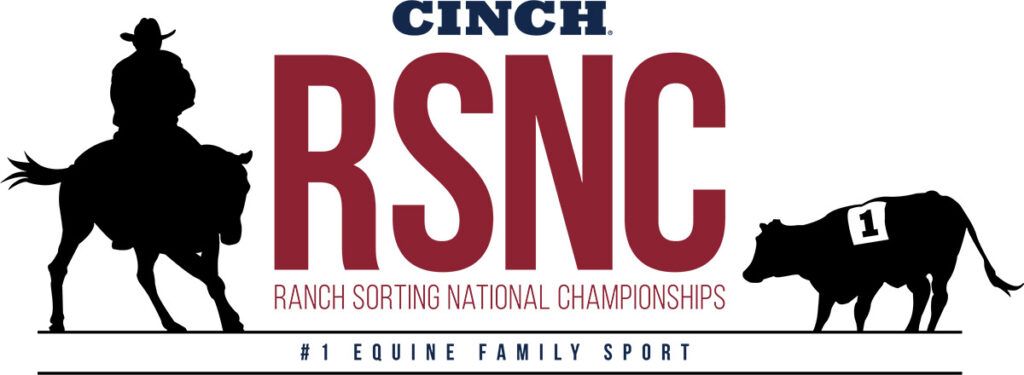If your horse is on the skinny side, take steps now to put some pounds on him before winter arrives. A horse with a good body weight will fare better in chilly weather because a little fat provides insulation from the cold as well as a stockpile of energy to maintain his core body temperature.
But you don’t want to get him too fat, either. A good target is a body condition score (BCS) of 5 or 6, which means his ribs aren’t visible but can be easily felt, the fat around his tailhead is soft and “spongy,” his withers are rounded, and his shoulders and neck blend smoothly with the rest of this body. If you’re unsure of how to assess your horse’s condition, consult with your veterinarian—you’ll want to rule out any illnesses or dental troubles that might be causing your horse to be too thin.
If you do want to add pounds to your horse, you’ll need to boost his caloric intake safely. A diet too rich in sugars or carbohydrates can increase the risk of serious health issues, including colic and laminitis. Here are some tactics you can try:
- Add another meal of hay to his daily ration, or feed it free-choice. High-quality, leafy hay is less likely to be wasted than coarse, stemmy hay. A slow feeder, which allows a horse to pull out only a few stems with each bite, enables you to offer more hay at a time while also reducing waste.
- Switch to a higher calorie feed. Many slim horses are slow, picky eaters who may not finish bigger portions of their usual grain. Instead, try a feed that will provide more calories in the same-size meal. To avoid health risks, look for feeds that supply extra calories from fat rather than sugars or carbohydrates.
- Add oil to his existing ration. Corn or other vegetable oils add calories to a horse’s meal in the form of fat. And, since fat is digested differently, without the risks posed by sugars or carbohydrates, oil is one of the safest ways to put weight on a horse. Most horses will willingly eat up to a half cup of oil at each feeding.
As you implement your new feeding plan, keep track of your progress with notes and pictures of your horse’s body, then taper off the extra calories before he gains too much weight. Obesity can also cause serious health problems.
If your horse is losing weight midwinter, address it as you would at any other time of year but with more urgency. Don’t make dietary changes suddenly, which can increase the risk of colic. But also avoid taking a “wait and see” approach. Make a weight-gain plan and implement it immediately. Feeding more grain may be your first inclination, but don’t overlook the importance of forage in maintaining weight during the winter. Forage has a slow metabolic “burn” that helps keep a horse warm.
Have your veterinarian do a full dental checkup—if your horse can’t comfortably eat, what you feed him doesn’t really matter. Finally, consider asking your veterinarian to do bloodwork to rule out underlying health conditions, such as kidney disease. Such conditions could make it difficult for your horse to maintain his weight.
This article originally ran on Equusmagazine.com.

